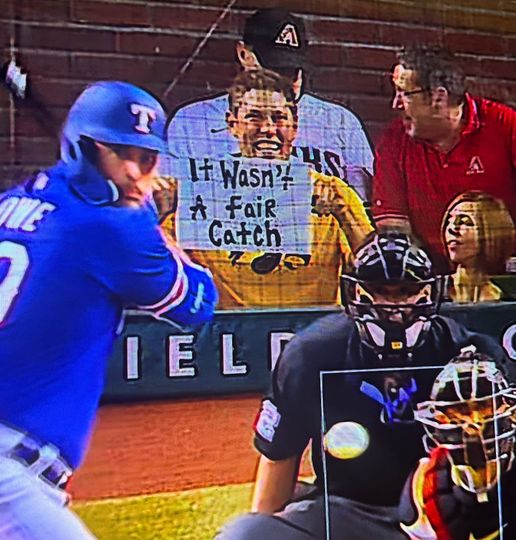The most interesting aspect of this issue is the complete lack of objection from Minnesota immediately after the play.
Anyone who has watched a Minnesota football game in the past 7 years knows that PJ Fleck is highly animated on the sidelines. He’s never shy about getting on the officials if he feels the calls aren’t going his way.
When the punt was in the air, Fleck sprinted down the sideline like he was a gunner on the coverage team. He positioned himself just a few feet from where DeJean fielded the ball, focused intently on everything DeJean was doing while shouting instructions to his players.
In a matter of seconds, his team’s odds of winning dropped from about 90% to about 5%. And yet he said absolutely nothing to the officials. Not one word that he felt DeJean had made an invalid fair catch signal. He just stood on the sideline with his arms crossed, trying to comprehend yet another incomprehensible loss to Iowa.
If we’re going by the letter of the law, holding could be called on every play. DPI could be called on about 50% of all forward pass plays. There is a certain amount of discretion involved in applying the rules. This wasn’t a black or white issue like stepping out of bounds. When people run, their arms move. That’s basic human physiology. The question should have been whether DeJean was trying to trick the opponents and whether or not they could have reasonably interpreted his arm movements as a fair catch indicator.
No one from Minnesota thought he was signaling for a fair catch. Every single person in the stadium understood that DeJean was going to return that punt.
No one from Minnesota slowed up or relaxed. They kept playing to the whistle. DeJean gained no unfair advantage from waving his arm to communicate with his teammates.
